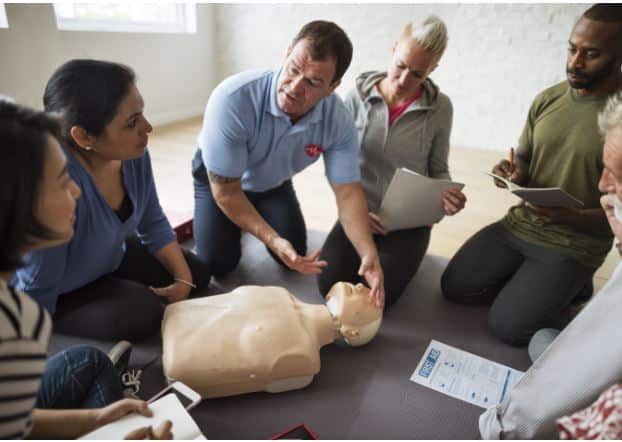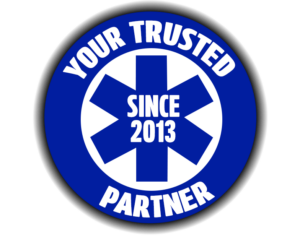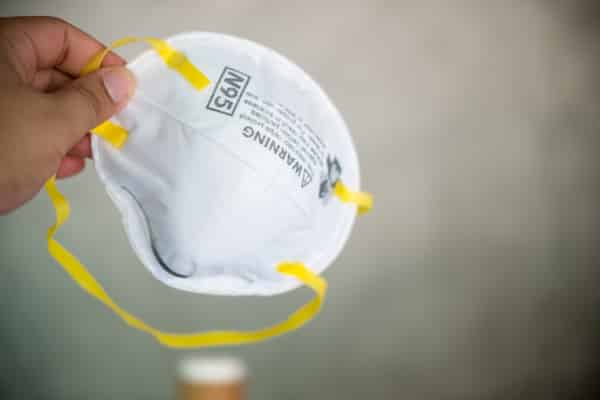
The Importance of CPR Training and Certification
Administering cardiopulmonary resuscitation (CPR) during emergencies such as cardiac arrests or drownings is one of the most crucial life saving steps. In dire situations where someone’s breathing or heartbeat has stopped, every second counts, and knowing how to perform CPR can make all the difference.
It involves pressing on a person’s chest repeatedly to maintain blood circulation and ensure oxygen gets to the brain. While it might seem simple, performing effective CPR requires proper training and certification. Keep reading to learn why CPR training and certification matter.
Increase the Chances of Survival
The American Heart Association reports that around 88% of cardiac arrests happen at home. Administering CPR immediately after a cardiac arrest can double or triple a person’s chances of survival. CPR training helps you understand how to perform CPR properly to buy time for an ambulance to arrive or until medical personnel can take over.
Reduce Brain Damage
Your brain could suffer irreversible damage only a few minutes after the heart stops pumping blood. Performing CPR can maintain blood flow to the brain, reducing the risk of damage.
In turn, the intervention can improve the person’s overall recovery outcomes. When you receive CPR training, you’ll learn how to provide rescue breaths and chest compressions, which are critical in preventing brain damage.
Adhere to Workplace Requirements
Some jobs, such as law enforcement, childcare, or healthcare, require their employees to be CPR certified. Getting certified in CPR will meet your employer’s requirements and potentially increase your job prospects. Furthermore, investing in CPR training shows initiative toward your workplace’s health and safety.
Remain Prepared for Emergencies
CPR training provides instruction and training in first aid and emergency response care. The certified training covers CPR and informs you about the EMS equipment you need for basic life support, automated external defibrillation, and choking relief.
Being prepared for emergencies improves your mental attitude, helping you remain calm and alert during an emergency. This preparedness is valuable in the workplace and everyday life, such as commuting, outdoor activities, and social events.
The Bottom Line
Knowing how to perform CPR is a critical life-saving skill everyone should have. The first step is to get CPR certified and educate yourself on the best practices for performing this essential procedure.
The next step is to acquire emergency medical equipment from a reliable source, such as Coast Biomedical Equipment. Browse our website today to get the quality and affordable equipment you need to be prepared for any emergency.





